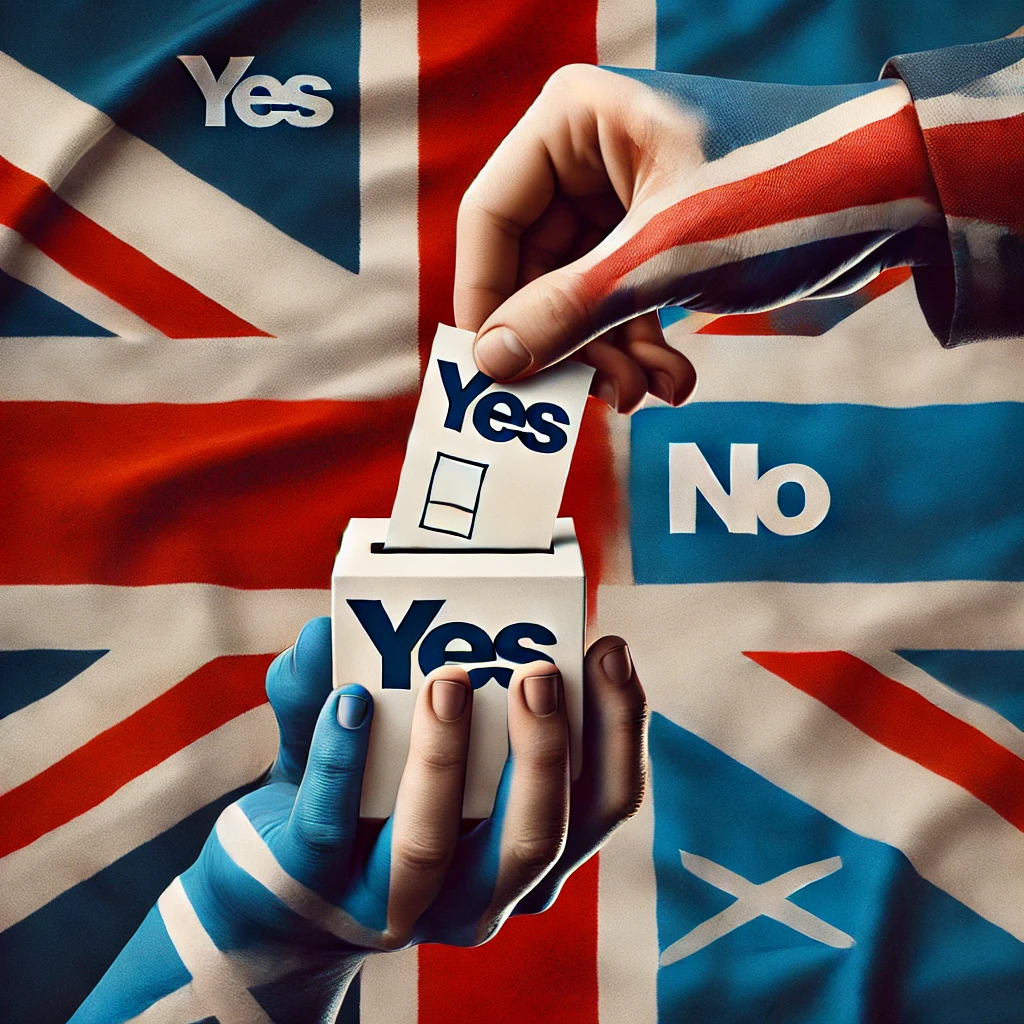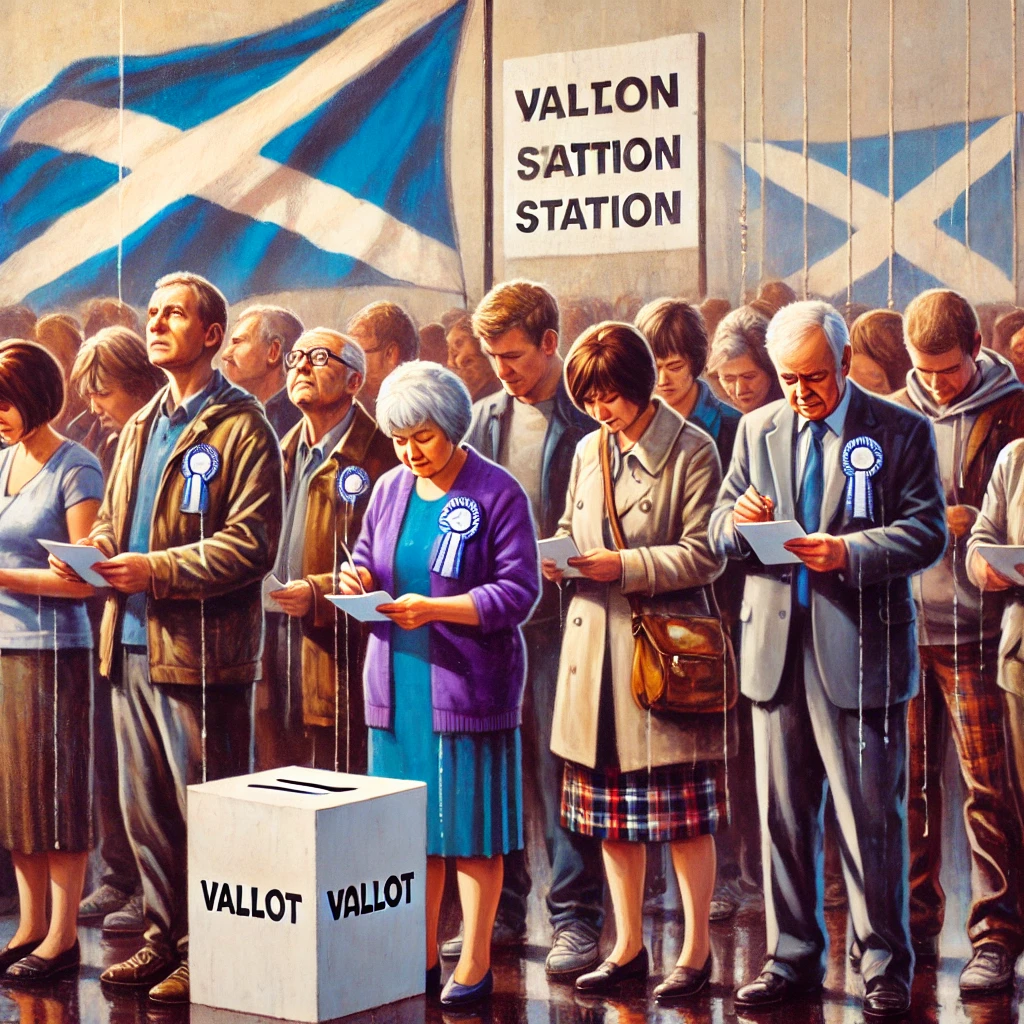On September 18, 2014, a historic referendum was held in Scotland to determine whether the country should become an independent nation, separate from the United Kingdom. The vote was the culmination of years of political discourse and was the result of a growing movement for Scottish independence. The referendum, while ultimately resulting in a rejection of independence, was a defining moment in Scottish history and had far-reaching implications for the future of Scotland and the United Kingdom.
Background of the Independence Movement
The push for Scottish independence had been gaining momentum over several decades, driven by a combination of historical, political, and economic factors. The Scottish National Party (SNP), led by Alex Salmond, was a key player in this movement. The SNP advocated for Scotland’s self-determination and sought to capitalize on a growing sentiment among Scots that the country could thrive as an independent nation.
The debate over Scotland’s future was fueled by various issues, including the desire for greater political autonomy, dissatisfaction with the UK government’s policies, and the economic potential of an independent Scotland. The 2007 Scottish Parliament elections saw the SNP achieve a majority, which set the stage for a renewed push for independence. In 2012, a formal agreement was reached between the UK and Scottish governments to hold a referendum on independence.

The Campaign and Key Issues
The referendum campaign was marked by intense debate and passionate arguments on both sides. Proponents of independence, led by the SNP, argued that Scotland had the potential to be a successful independent nation. They emphasized Scotland’s rich resources, including oil reserves in the North Sea, and the opportunity for Scotland to make its own decisions on issues such as healthcare, education, and foreign policy.
On the other hand, opponents of independence, including the Better Together campaign, argued that remaining part of the UK offered stability and economic security. They expressed concerns about the potential risks and uncertainties associated with breaking away from the union. The debate also touched on issues such as currency, EU membership, and the potential impact on Scotland’s economy and public services.
The Voting Process and Results
On September 18, 2014, Scottish voters went to the polls to cast their votes in the referendum. The question on the ballot was straightforward: “Should Scotland be an independent country?” Voters were given the option to vote “Yes” or “No.” The referendum saw a high turnout, with over 84% of eligible voters participating, reflecting the significance of the decision and the engagement of the Scottish public.
In the final tally, the “No” campaign emerged victorious with 55.3% of the vote, while 44.7% of voters supported independence. The result meant that Scotland would remain part of the United Kingdom, and the push for independence would need to be reassessed in light of the outcome.

Immediate Reactions and Aftermath
The result of the referendum was met with mixed reactions. Supporters of independence were disappointed but remained committed to advocating for Scotland’s future. The defeat did not necessarily signal the end of the independence movement, as the SNP and other pro-independence groups continued to push for greater autonomy and political reform within the UK.
On the other hand, the “No” vote was seen as a victory for those who favored maintaining the union. The outcome prompted discussions about the need for further devolution and enhanced powers for the Scottish Parliament. In the aftermath of the referendum, the UK government made commitments to increase the powers of the Scottish Parliament, leading to the implementation of further devolution measures.
Impact on Scottish and UK Politics
The 2014 referendum had a profound impact on Scottish and UK politics. For Scotland, the referendum highlighted the desire for greater self-determination and set the stage for future debates about the country’s relationship with the rest of the UK. The result also influenced the political landscape in Scotland, leading to a renewed focus on issues such as devolution and regional governance.
At the UK level, the referendum result underscored the need to address concerns about regional disparities and autonomy. The commitments made by the UK government in the wake of the referendum led to the introduction of new powers for the Scottish Parliament and a reassessment of the UK’s constitutional framework.
The Ongoing Debate
Since the referendum, the debate over Scottish independence has continued to evolve. The SNP and other pro-independence advocates have continued to push for a new referendum, citing changes in political circumstances and evolving public opinion. The question of Scotland’s future remains a significant issue in Scottish and UK politics, with ongoing discussions about the potential benefits and challenges of independence.

Global Perspective and Influence
The Scottish independence referendum was closely watched by international observers and had implications beyond the UK. The debate over national self-determination and the dynamics of regional independence movements resonated with other countries grappling with similar issues. The referendum served as a case study in the complexities of modern political unions and the challenges of managing regional aspirations within a larger nation-state.
Lasting Impact
The September 18, 2014, referendum was a defining moment in Scotland’s history, reflecting the deep-seated desire for self-determination and the complexities of navigating national identity within a political union. While the result was a rejection of independence, the referendum sparked ongoing discussions about Scotland’s future and the broader implications for the UK.
In summary, the 2014 Scottish independence referendum was a landmark event that showcased the intensity of political sentiment and the significance of national identity. The outcome had a profound impact on Scottish and UK politics, influencing subsequent debates and shaping the future trajectory of Scotland’s relationship with the rest of the United Kingdom.
